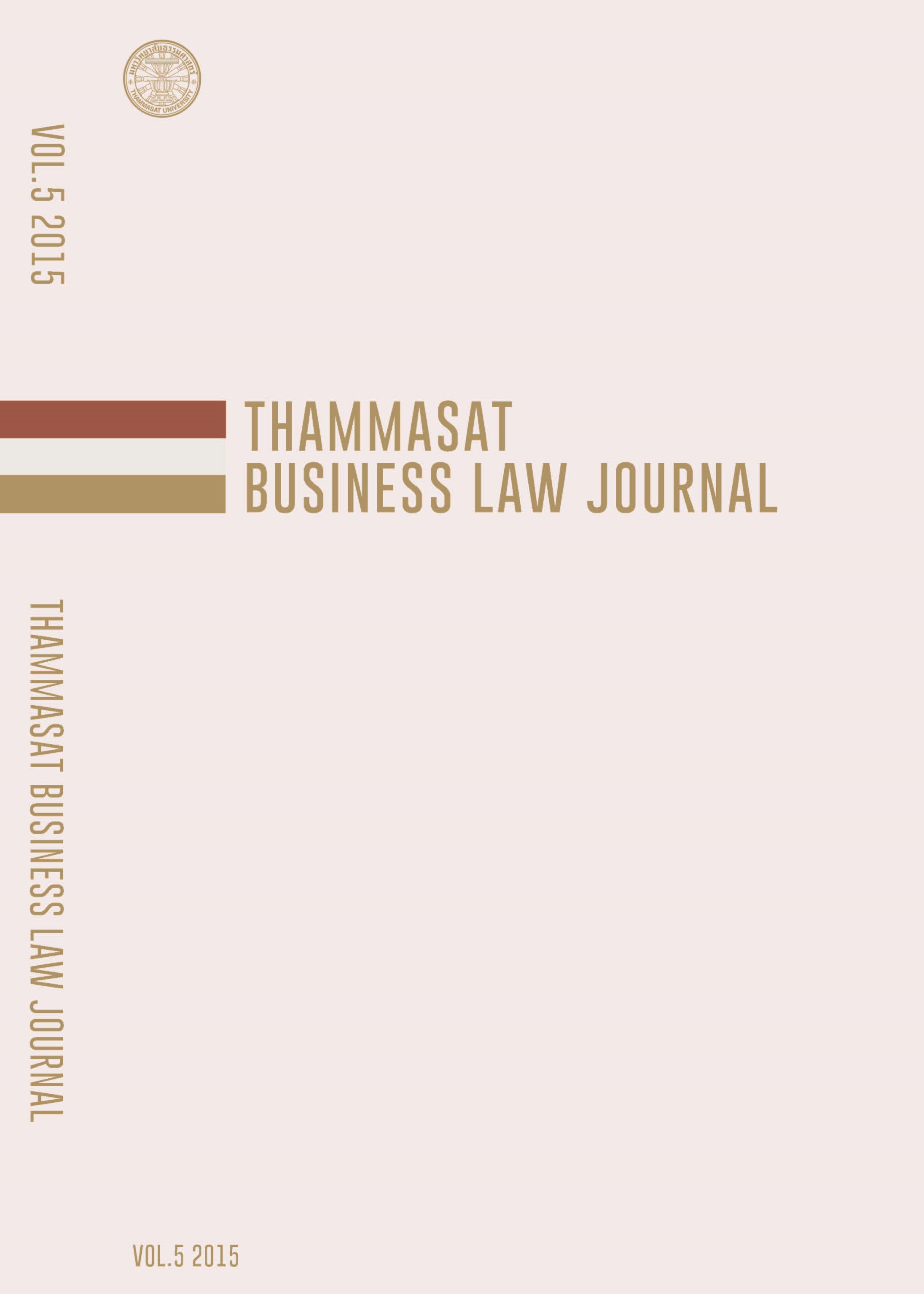LEGAL CONTROL OF FOOD ADVERTISING ON CHILDREN PROGRAM
Main Article Content
Abstract
The incidence of child overweight and obesity has been increasing dramatically all over the world. Children with overweight and obesity are subsequently at risk of developing a number of diseases. Overweight and obesity during the childhood will result in the same conditions during adulthood, and suffering from other chronic diseases and death at early age. One among factors that causes overweight and obesity is food marketing aimed at children especially foods producing high energy but less nutritional values. One of the best marketing approaches is to advertise foods on children programs and programs with children as the target group. Today advertising is a key marketing strategy in business. In the opinion of marketing professionals, children is a major group as potential consumers despite without their own purchasing power but have influence over those with actual purchasing power like parents and guardian. According to the investigation on advertisement and children behavior, it was found that television advertisements affect children’s consumption behavior.
Relevant laws on food advertising in Thailand concern with prescribed rules for advertising in general while none of them is specific to food advertising targeted at children. Given this condition, advertisers employ various strategies in food advertisement aiming to simulate and raise the purchasing demand. However, children are less mature to distinguish between food that is and is not beneficial to their health and hence believe in the advertisement messages without considering about nutritional values.
This thesis mainly focuses on legal measures and self-regulation measures for the control of food advertising on children program particularly in the United Kingdom, Australia, and Singapore. These 3 countries made available the code of food advertising on children program that encompasses both the contents and formats of advertisement, including the restriction on advertising regarding types of program, types of food, and advertising time. Moreover, they prohibited the use of particular advertising strategies in children programs. In comparison, food advertising laws and measures in Thailand failed to protect children from food marketing on television through children program. Revision of Thai laws should thus be taken into consideration


